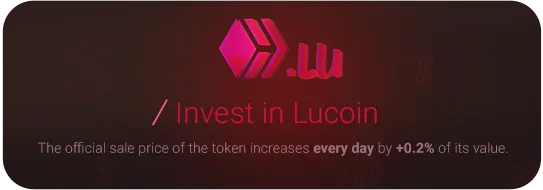Mitumba
What does this Swahili word mean?
What does this Swahili word really mean?

There were eight artists with very striking presentations, but I have decided to choose the ones to show you.
You can see the first three here.

Palaeontological Plastic IV is the oldest art installation in Wasteland. My initial thought was, what did palaeontology and plastic have in common? But I was simply failing to look at the obvious.
The physical installation is a double entendre, just like the title. The art almost camouflages perfectly into non-existence to the subconscious mind. What I mean is, as I looked around Wasteland, I almost didn't notice it. Which is a very powerful metaphor to how blind modern consumerism and dependencies is to the accumulation of plastic.
It is shaped like a coral, and made end to end from plastic collected from oceans. It stands as a reminder of plastic in the oceans killing and taking over coral reefs.
Plastic has solidified itself as a must-have material in modern times, speaking in general terms, but its effects are deadly. Not only do they have incredibly high longevity, but there are now also studies that show microplastics inside the human body.


Throughout the venue, there were these alternative resting devices. The dunnage bags were used in place of beanbags. They are not the most comfortable thing in the world, but a creative way to create seating arrangements and stay true to the message of this exhibition.
The bails on the other hand were at first very confusing to me. Only later, when I stopped by the last installation would I realize what they meant.


Across the hall, behind two large screens, was a wall covered with clothes.
What do they signify? Is it part of showing the vast amounts of items that get shipped in containers on ships? Or the vast amount of natural resources, pollution, or plastic used and created as byproducts?
I was not sure. I kept thinking about it while looking at a short documentary called Passig River 2030 - 6 Plus. A documentary where the artist used AI generated graphics to predict a world where tech, blockchain, big corp, AI, and all the other fancy words took a shot at preserving dieing nature digitally at the cost of digital colonisation.


Mitumba
Here we are. The answer to all my puzzling questions. In fact, it brought the entire exhibition to a full circle for me. Albeit not related to some of the other installations at the exhibition, RETURN TO SENDER made it very clear that everything is related. In a sense, mindless corporate greed, blind capitalistic approach, and uneducated consumerism are the main culprits.


In my opinion, the cardinal sin of the capitalist world is that we try to pay and buy ourselves out of any and every problem.
The moment, a capitalist society is faced with a dire issue, the first reaction is to pour money into it and try to sift out a solution.
Tell me if I'm wrong.
Mitumba, is also a result of this approach.

Return to Sender is an eye opening short documentary. Mitumba means bundles in Swahili but has become synonymous to the problem created from bundles of unused, unusable, and extra clothes that come to Africa from the other parts of the world.
The problem is manyfold. I took a few days to research this problem and learn about it. Some of the most raw and striking information came to me by following the #mitumba tag on other social platforms.
While cheap clothing is in hugh demand due to the popularity of fast fashion, a lot of it goes wasted even if unused. Much of this is shipped to Africa, bound by governmental contracts, under the pretense that it would generate jobs for the poorer countries, create an industry, provide affordable clothing, as well as international financial contracts would be a takeaway let the African countries agree to take on these "waste" mitumba.

But Mitumba never worked out like it was planned, did it? Much like many of the other "green" plans that usually end up in the form of burning in the name of recycling, dumping grounds in the name of eco-friendly processing, and so much more.
"As long as the fruits don't rot in my garden."
Return to sender featured some of the most well-spoken and intelligent people to speak about this topic. The socio-economic crisis, the humanity factor, the freedom to wear good clothes and feel like a dignified person, the piling garbage, and the reality of destroyed industries and lost jobs in the name of creating one.

Affiliate links
Rising Star
Exode
Huobi
Appics
Splinterlands
Actifit
Binance
Ionomy
Cryptex
 N.F.A.
N.F.A.